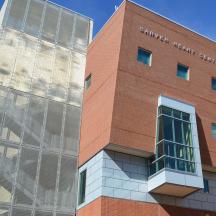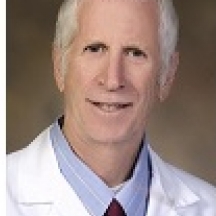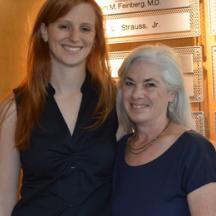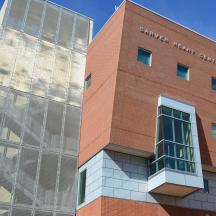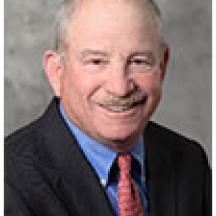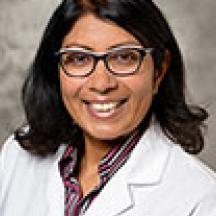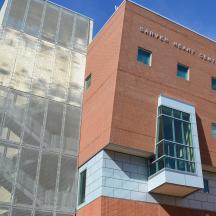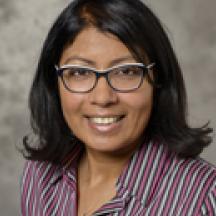News
10/01/2018
Sarver Heart Center welcomed three cardiologists to its faculty: Tushar Acharya, MD, Olivia Hung, MD, PhD, and Nader Makki, MD. They bring expertise in cardiac imaging, cardio-oncology and interventional cardiology.
08/31/2018
Dr. Khadijah Breathett, MD, MS, FACC a Black female advanced heart failure/transplant cardiologist can’t remember how many times her Black friends have lamented to her about the body mass index (BMI). “I show my patients and community members maps of obesity over the decades, and we have been getting wider. Just look at photos of your great and great-great grandparents and their more slender physiques: we have been getting wider overtime.”
08/28/2018
Free and open to the public, the lecture features UA Sarver Heart Center cardiologist, Dr. Charles Katzenberg, who will discuss the difference between preventing and treating chronic disease, advances in lifestyle medicine, acute and chronic inflammation, the emerging science about the microbiome and tools people can use to reduce disease risk.
08/27/2018
Giuliana Repetti, a University of Arizona College of Medicine – Tucson medical student (Class of 2020), is the first UA Wildcat to receive the prestigious Sarnoff Fellowship from the Sarnoff Cardiovascular Research Foundation.
08/21/2018
U.S News & World Report rated the Banner UMC - Tucson Advanced Heart Disease team as high performing.
07/25/2018
Implantation of ventricular assist devices rose between 2012 and 2015 in black patients with advanced HF, indicating that racial disparities in VAD treatment may be narrowing, according to Khadijah Breathett, MD, MS, and colleagues, who wrote an article published in Cardiology Today.
07/20/2018
Steve Goldman, MD, a highly productive heart research scientist and cardiology professor, was named to fill the Pfeiffer Chair.
07/19/2018
Dr. Rupa Bala, a cardiac electrophysiologist who has expertise in treating atrial fibrillation, ventricular tachycardia and complex heart-rhythm disorders, joined the faculty of University of Arizona Sarver Heart Center.
07/16/2018
Sarver Heart Center members have shared their expertise as presenters at numerous conferences and authors of published studies in prestigious journals.
07/16/2018
Dr. Rupa Bala, a cardiac electrophysiologist who has expertise in treating atrial fibrillation, ventricular tachycardia and complex heart-rhythm disorders, joined the faculty of University of Arizona Sarver Heart Center.


